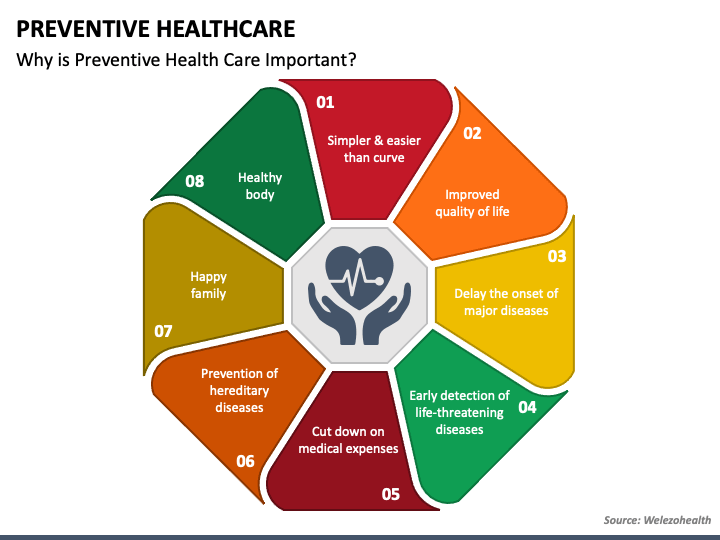Financial Wellbeing: Your Path to a Healthier Life

Financial Wellbeing: More Than Just a Fat Bank Account
We often hear about physical and mental wellbeing, but financial wellbeing is frequently overlooked despite its crucial role in our overall health and happiness. It’s not simply about having lots of money; it’s about feeling secure, confident, and in control of your finances – a state that allows you to pursue your goals without constant stress and worry.
What Exactly *Is* Financial Wellbeing?
Financial wellbeing is a holistic concept. It encompasses several key elements:
- Security: Feeling confident that you can cover essential expenses, like housing, food, and healthcare.
- Freedom: Having the ability to make choices without being solely driven by financial constraints – whether it’s taking a vacation, pursuing education, or simply saying “no” to unwanted commitments.
- Control: Feeling in charge of your money, understanding where it’s going, and making deliberate decisions about its use.
- Future Planning: Having a sense of preparedness for the future, including retirement, unexpected emergencies, and long-term goals.
It’s important to understand that financial wellbeing isn’t solely tied to income level. Someone with a moderate income but excellent money habits can be financially well off, while someone earning a high salary might struggle if they lack discipline and planning.
The Connection Between Finances & Overall Wellbeing
The link between finances and overall wellbeing is profound and undeniable. Financial stress can manifest in numerous ways:
- Mental Health: Debt, financial insecurity, and the constant worry about money can contribute to anxiety, depression, and feelings of hopelessness.
- Physical Health: Stress related to finances has been linked to increased blood pressure, weakened immune system function, and other physical ailments.
- Relationships: Money is a common source of conflict in relationships, and financial strain can exacerbate existing tensions or even lead to separation.
- Productivity & Performance: Worrying about money distracts from work and diminishes focus, impacting performance both professionally and personally.
Conversely, feeling financially secure can alleviate stress, improve mental clarity, and allow you to invest in your physical health (better food, exercise opportunities) and relationships.

Building Healthy Money Habits: A Step-by-Step Guide
Cultivating healthy money habits is the cornerstone of financial wellbeing. Here’s a practical guide to get started:
1. Understanding Your Current Financial Situation
- Track Your Spending: For at least one month (longer is better), meticulously track every expense. Use budgeting apps, spreadsheets, or even pen and paper – whatever works best for you.
- Create a Budget: Based on your tracked spending, create a realistic budget that allocates funds to different categories like housing, transportation, food, entertainment, and savings. The 50/30/20 rule (50% needs, 30% wants, 20% savings & debt repayment) is a good starting point, but adjust it to your specific circumstances.
- Assess Your Debt: List all outstanding debts (credit cards, loans, etc.) including interest rates and minimum payments. High-interest debt should be prioritized for repayment.
2. Establishing Smart Financial Habits
- Automate Savings: Set up automatic transfers from your checking account to a savings or investment account each month. “Pay yourself first.”
- Emergency Fund: Build an emergency fund of 3-6 months’ worth of essential living expenses. This safety net provides peace of mind and prevents you from going into debt when unexpected events occur.
- Debt Management: Develop a strategy for paying down debt, whether it’s the snowball method (paying off smallest debts first) or the avalanche method (paying off highest-interest rates first).
- Regular Financial Check-ins: Schedule regular times to review your budget, track progress on financial goals, and make necessary adjustments. Monthly reviews are ideal.
3. Planning for the Future
- Retirement Savings: Start saving for retirement as early as possible. Take advantage of employer-matching contributions if available. Consider a Roth IRA or traditional IRA.
- Goal Setting: Define your financial goals, both short-term (e.g., buying a car) and long-term (e.g., homeownership, early retirement). Having clear goals provides motivation.
- Insurance Coverage: Ensure you have adequate health insurance, life insurance, and disability insurance to protect yourself and your family from financial hardship due to unforeseen circumstances.
Beyond the Basics: Advanced Strategies for Financial Wellbeing
Once you’ve established a solid foundation of healthy money habits, consider these advanced strategies:
- Investing: Learn about different investment options (stocks, bonds, real estate) and create a diversified portfolio aligned with your risk tolerance and financial goals.
- Tax Optimization: Explore tax-advantaged accounts (401(k), 529 plans) and strategies to minimize your tax burden.
- Estate Planning: Consider creating a will, trust, or other estate planning documents to ensure your assets are distributed according to your wishes.
Conclusion: Investing in Your Financial Wellbeing
Financial wellbeing isn’t just about accumulating wealth; it’s about cultivating a healthy relationship with money that supports your overall health and happiness. By prioritizing financial literacy, establishing smart habits, and planning for the future, you can create a foundation of security and freedom that allows you to live a more fulfilling life. Start small, be consistent, and remember that every step towards better financial wellbeing is an investment in yourself.



